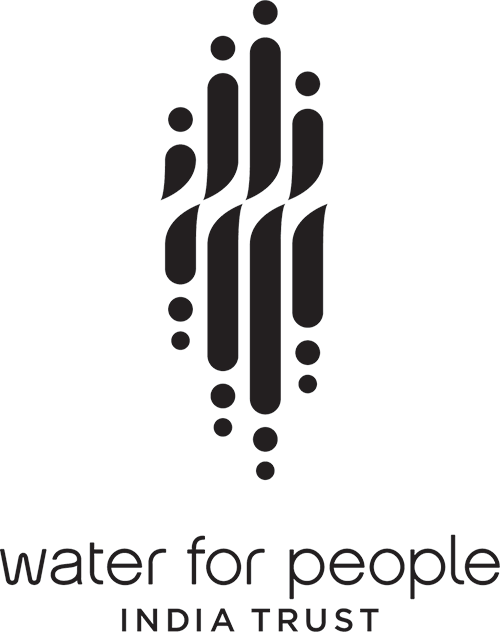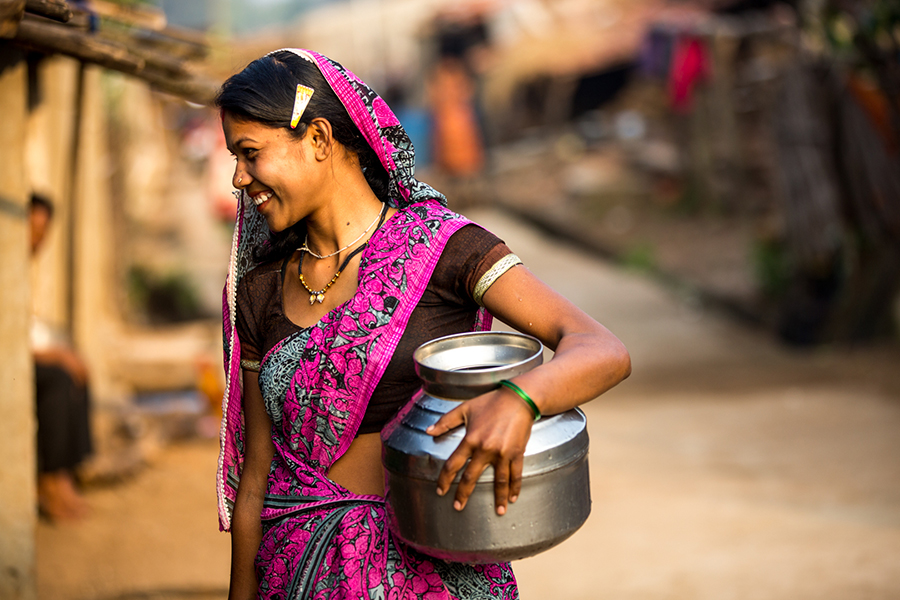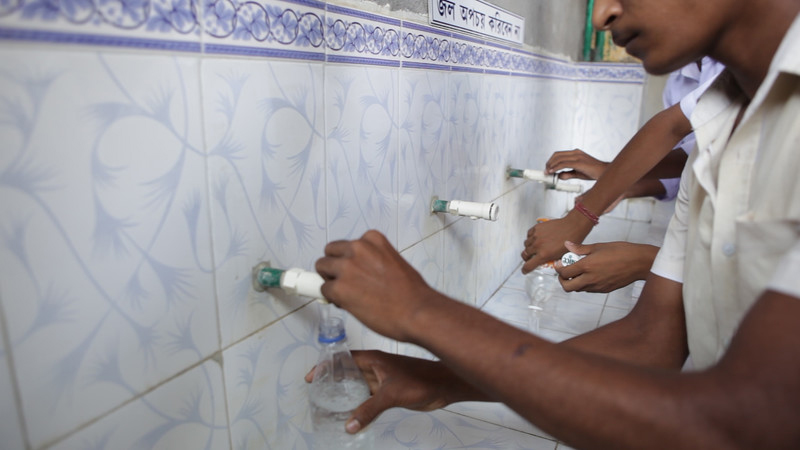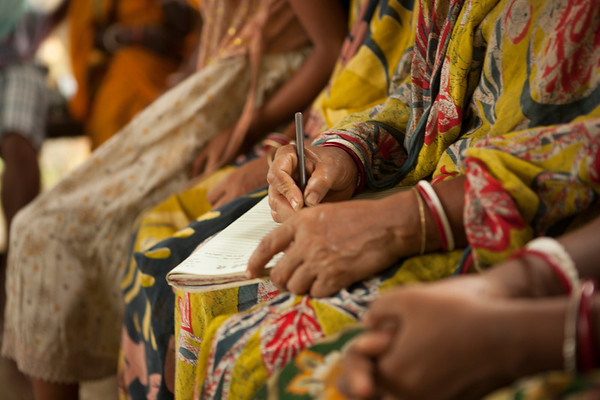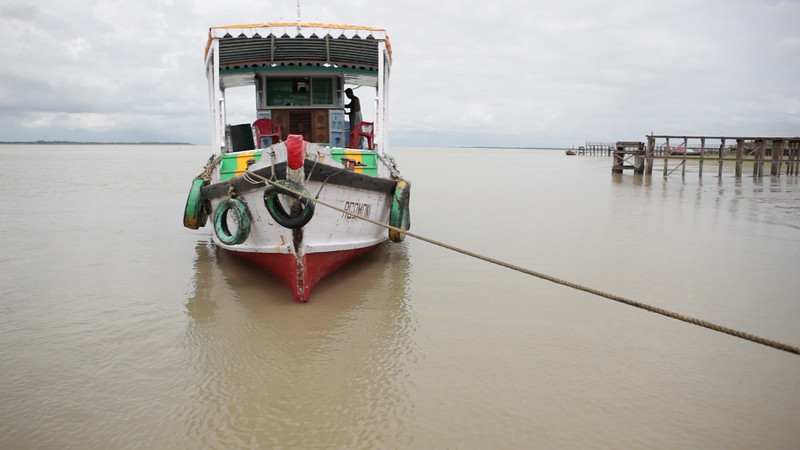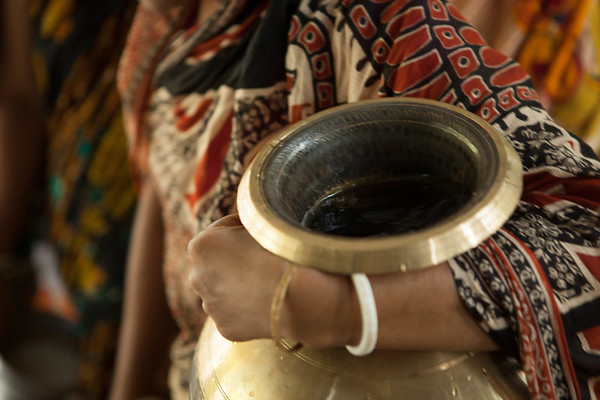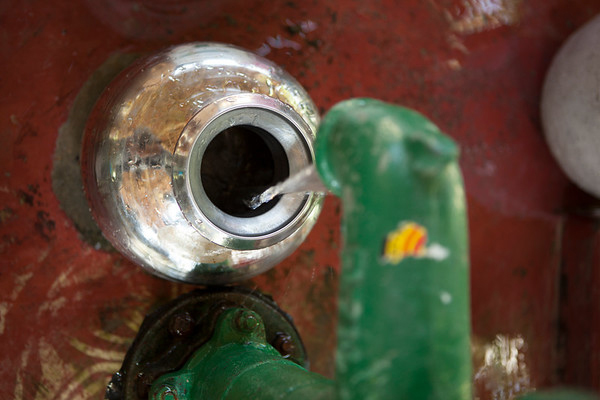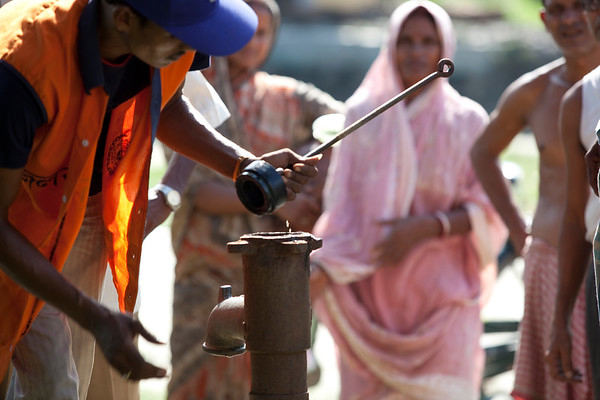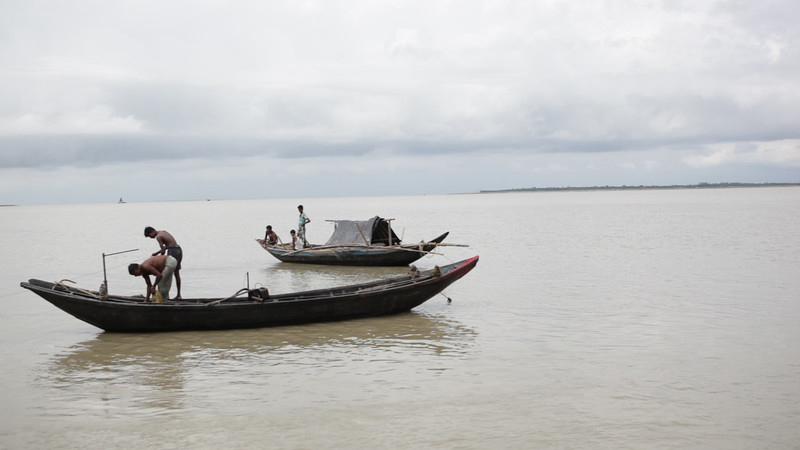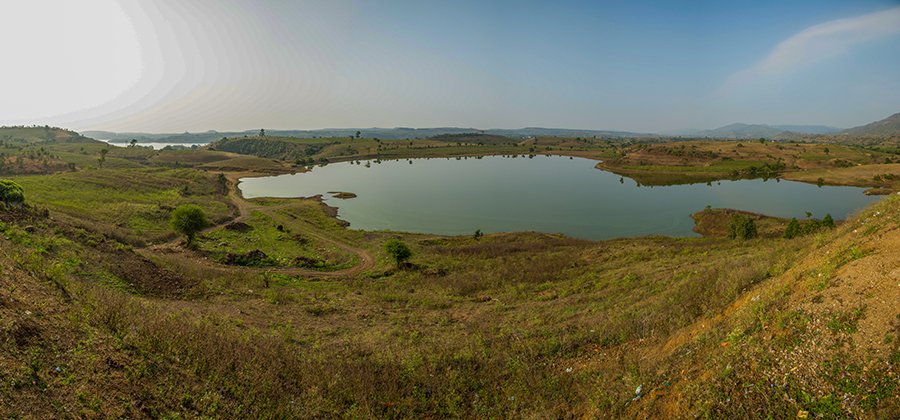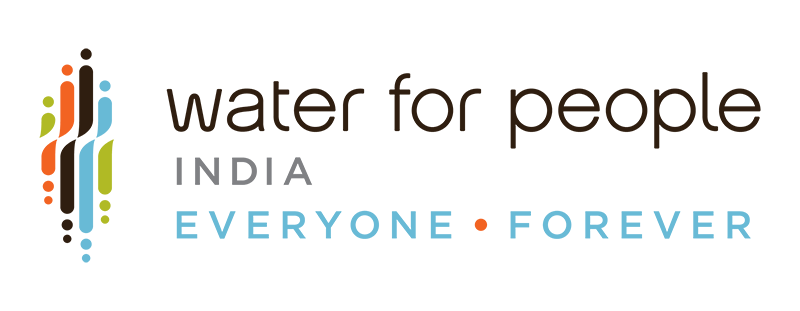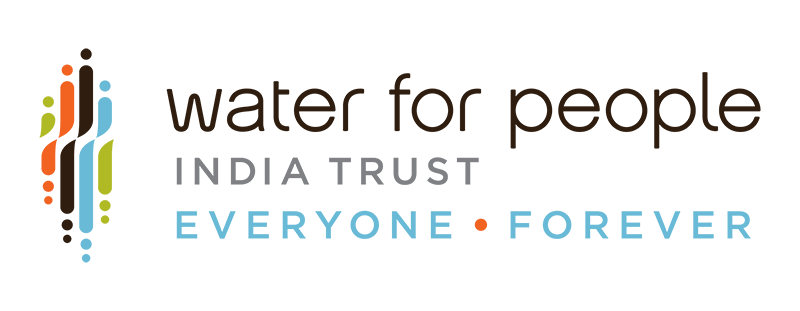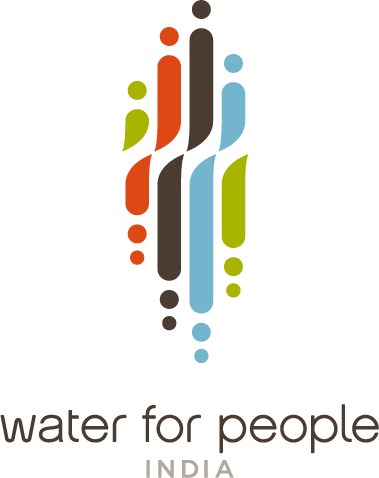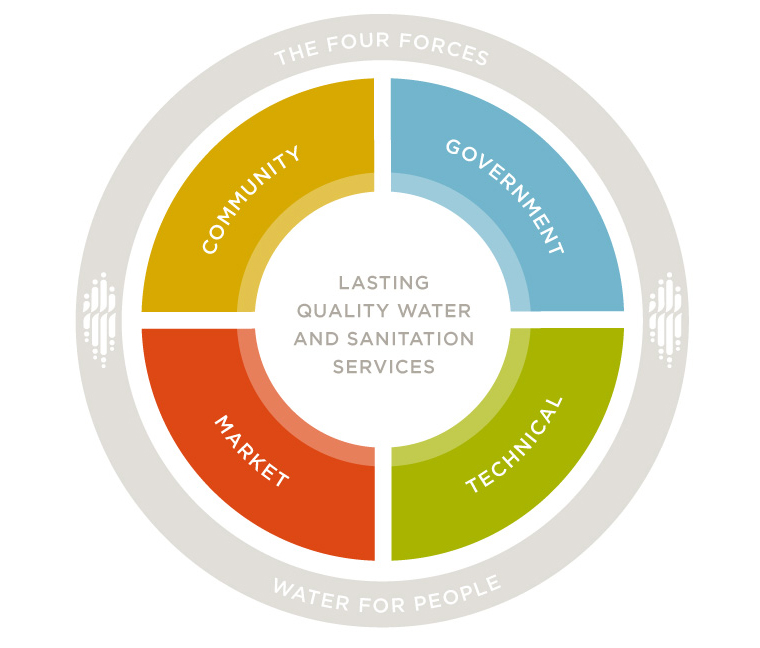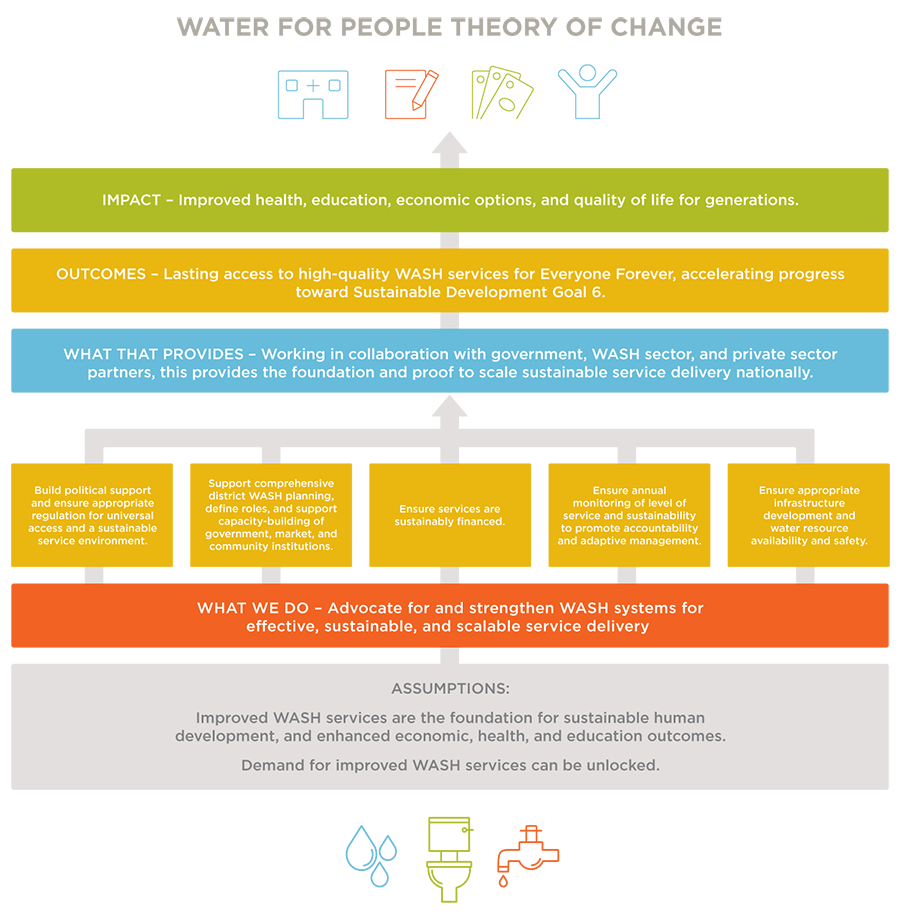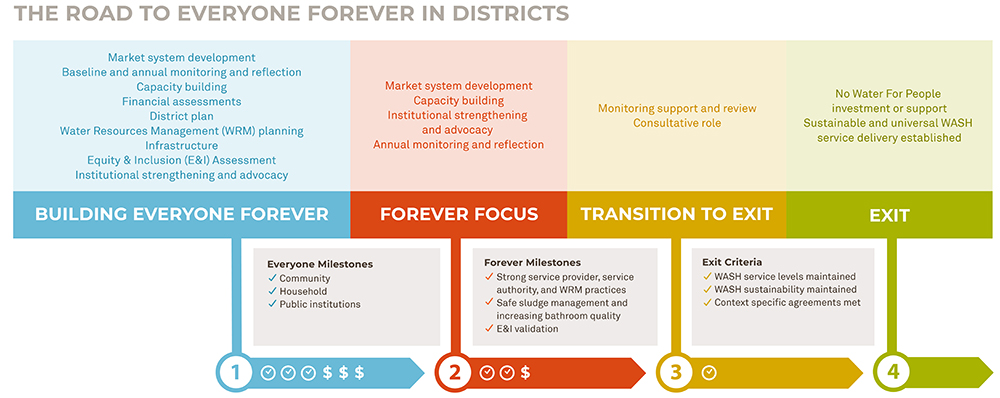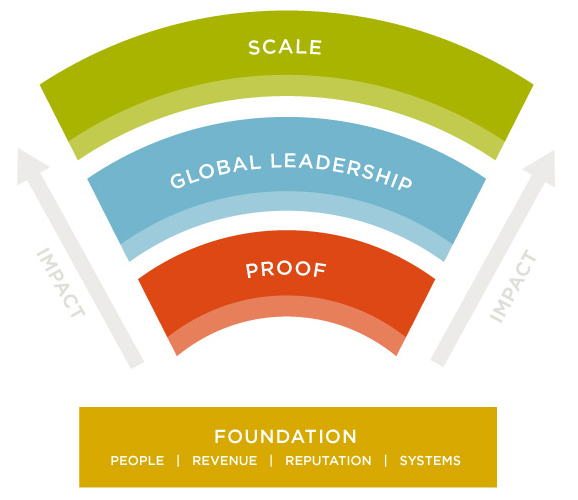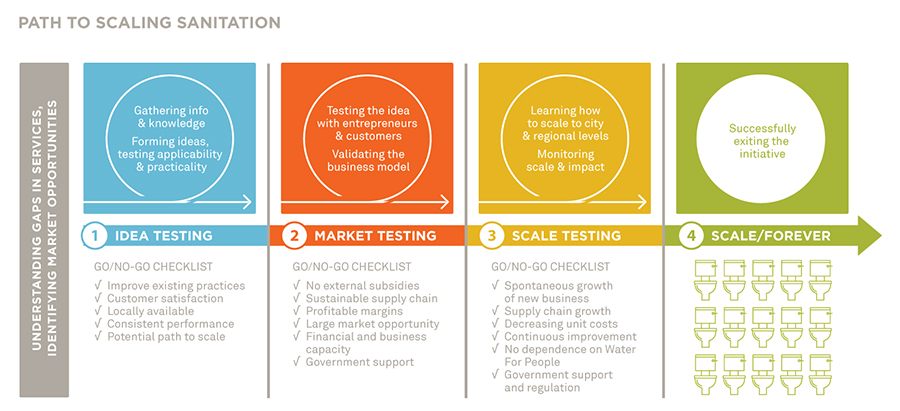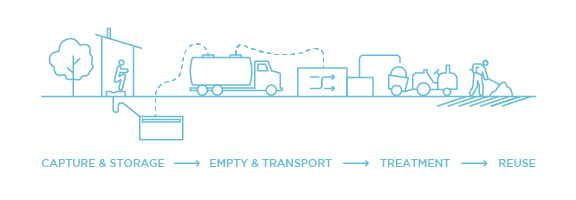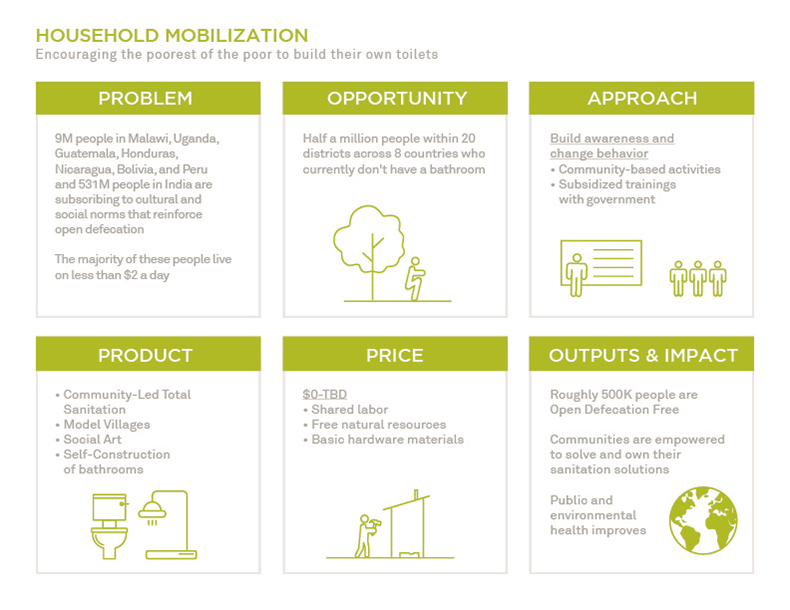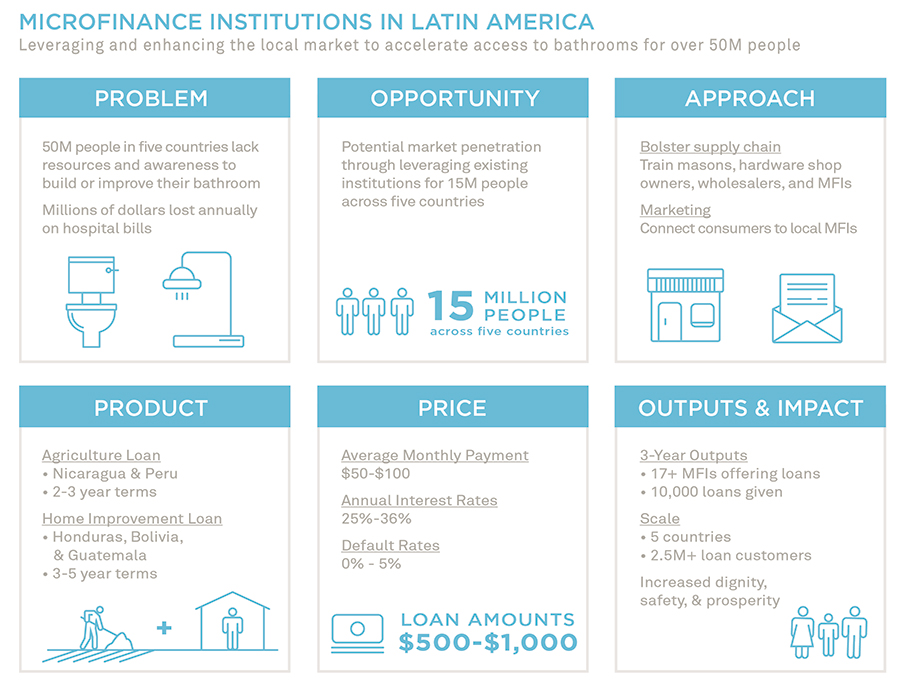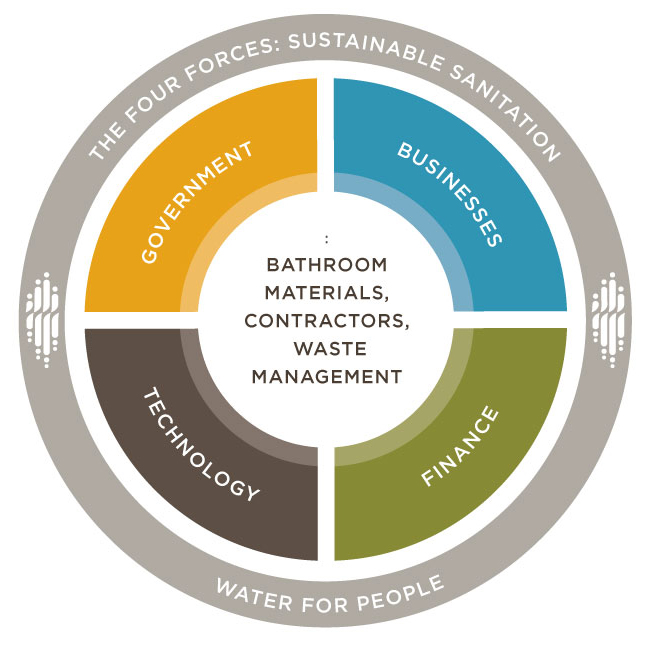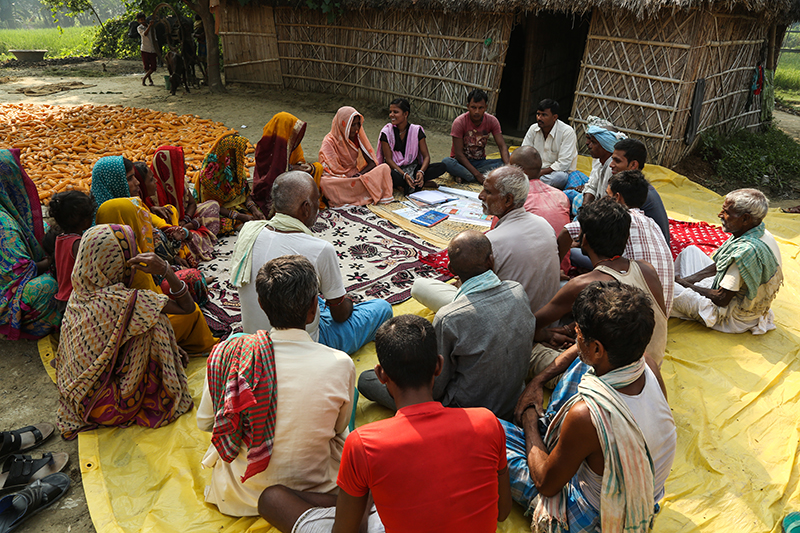 Water For People
Water For People
Consistent with the global vision and mission, Water For People’s Everyone Forever model in India promotes safe and reliable water, sanitation, and hygiene (WASH) service provision in communities, schools, and health centers sustained by strong communities, businesses, and governments.
Water For People India initiated its operations in 1996. We support locally sustainable WASH interventions in districts across West Bengal, Odisha, Assam, Maharashtra, and Bihar through the support of local civil service organization (CSO) partners. Since 2011, Project Sheohar in
Bihar supports hardware and software activities which have helped improve the quality of life for 370,509 people through reliable access to safe water and sanitation services.
Government Priorities
The Government of India launched the Jal Jeevan Mission (JJM) in 2019 to build a ‘New India’ by providing piped water supply to every rural household by 2024. With India’s water demand set to double in the near future, Water For People is engaging with the Government of India to achieve the JJM goal of increasing consumer awareness and behavior to respect and conserve water through community engagement. JJM aims to create a Jan Andolan or Peoples’ Movement for water, involving the community in awareness generation for water conservation and water security, thereby making it a priority for everyone. Water For people aims to demonstrate that it is possible to conserve and respect water through building water-conscious households and communities, and we intend to align our work with the JJM, Jal Shakti Mission (JSM), and Nal Jal Yojna.
Water User Committees
The JJM objectives are aligned to Water For People’s model of water management and governance implemented through the Water User Committee (WUC). Provided technical and financial support from Water For People, WUCs are created at every water point. Key WUC interventions focus on behavior change within the three key steps of measure, reduce, and reuse to create water consciousness among households, increase water availability, and increase the proportion of wastewater reused and recycled at the household level.
Water For People’s community management approach includes the constitution and operationalization of WUCs comprised of users of the water facilities. A WUC manages the operations and maintenance (O&M) of each community water point installed with the support of Water For People. In addition to collecting water user fees for regular upkeep of the water point, the WUC monitors water quality on a regular basis, promotes safe water handling practices, and encourages adoption of healthy WASH related behaviors and practices.
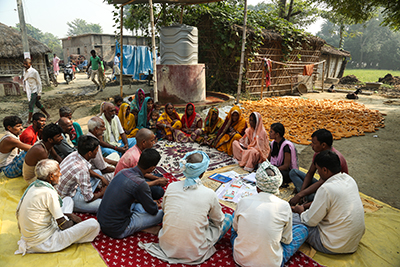
Formation of Water User Committees
The WUC members are elected by the community and entrusted with responsibility for O&M of the water points in the village. A WUC consists of 9-15 members with equal participation among female and male members of the community. More than 90% of the WUCs are managed by women as its executive committee member. A well-functioning village WUC maintains the water infrastructure in the village properly. Well-informed, collective decisions taken by the WUC and implemented by community members result in mitigating the water scarcity issues in the village.
WUCs have proven to be effective in O&M of water points. Over the past 10 years, through the training and facilitation of Water For People, WUCs provide the motivation to not only ensure maintenance of the water points, but also to think innovatively for scale, such as installation of solar powered overhead community water tanks in the future. The O&M work beyond regular checking, greasing, and tightening is supported by mobile mechanics known as Jalabandhus (“Friends of Water”) for minor repairs. Jalabandhus are a skilled workforce who provide timely repair of water systems for a fee paid by the water users.
WUCs serve as the frontline focal point for field facilitators and community mobilizers. We have trained WUC members on O&M of water points, key WASH behavioral messages, and counselling neighboring households on key WASH behaviors, such as the benefits of using quality water and good hygiene practices. In Sheohar, the WUCs engaged the services of a Jalabandhu for minor repairs, such as replacing worn-out parts and reassembling the whole Handpump. Project Sheohar has 1,113 WUCs and about 27,825 members across the whole district. Since 80% of committee members are women, the trainings have empowered rural women and given them a voice to demand their rights related to WASH.
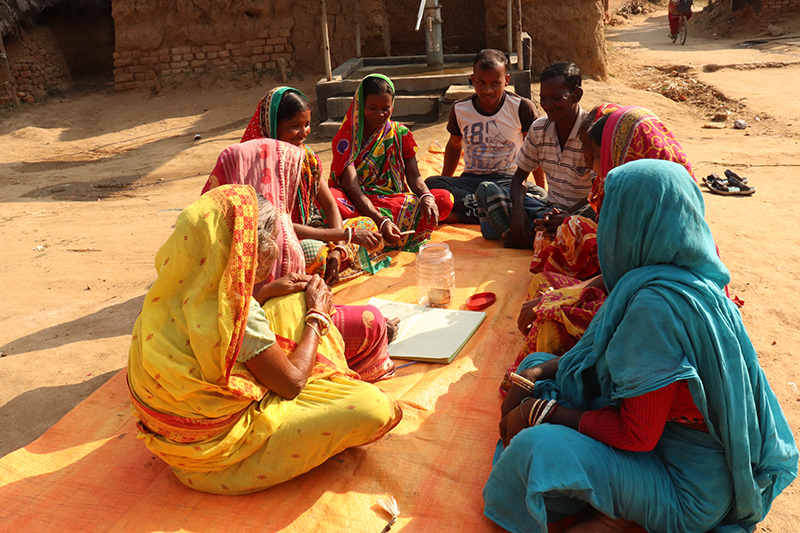
WUCs have also been trained by community mobilizers and project coordinators on the use of Information, Education, and Communication (IEC) materials to promote new skills and habits related to good hygiene practices. WUC members help community mobilizers and field facilitators expand their efforts at the community level and organize social art activities for hygiene behavior change.
Conclusion
Looking at the growing demand for drinking water in India, it is important to sustain the water sources and services provided to households. Water For People India focuses on strengthening WUCs, as they play an important role in the sustainability and maintenance of the water sources and help contribute to Sustainable Development Goal 6. WUCs are the backbone of Water For People’s work in Sheohar and are the key to achieving Everyone Forever. Water For People India will continue working with WUCs and ensure that they are well-established to function and sustain themselves once Water For People exits the district.







